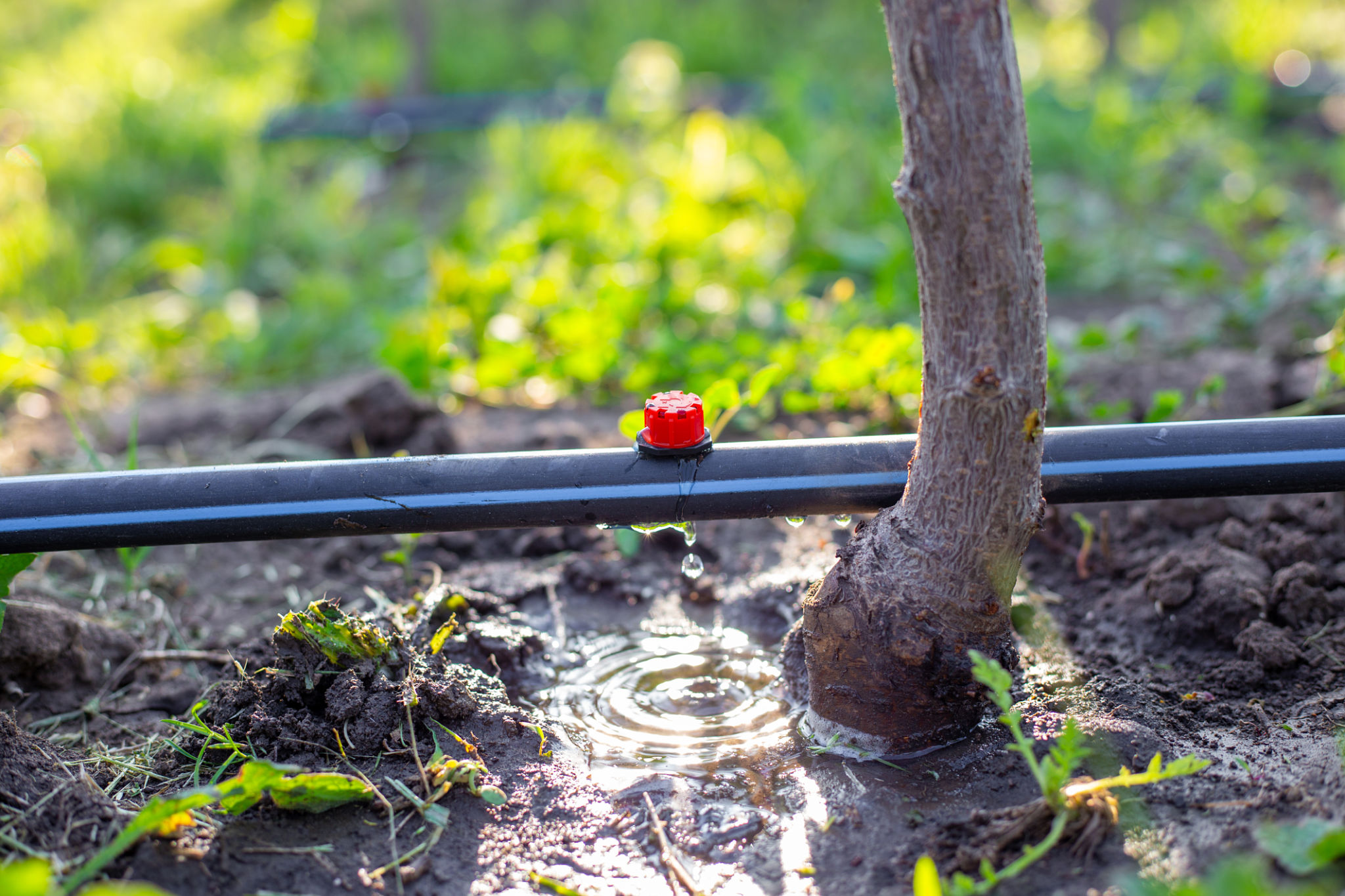Top Water-Saving Garden Techniques for Austin Homeowners
Embrace Native and Drought-Tolerant Plants
One of the most effective water-saving techniques for Austin homeowners is incorporating native and drought-tolerant plants into their gardens. These plants are naturally adapted to the local climate, which means they require less water to thrive. Some popular options include the Texas Sage, Red Yucca, and Blackfoot Daisy. By choosing these types of plants, you not only conserve water but also create a vibrant and resilient garden.
Additionally, native plants often require less maintenance, reducing the need for fertilizers and pesticides. This approach not only supports water conservation but also promotes a healthier local ecosystem. Consider replacing some of your lawn with a variety of these hardy plants to make a significant impact on your water usage.

Implement Efficient Irrigation Systems
Efficient irrigation systems are essential for conserving water in your garden. Drip irrigation is a highly effective method that delivers water directly to the plant roots, minimizing evaporation and runoff. This system can reduce water usage by up to 50% compared to traditional sprinkler systems.
Another option is using smart irrigation controllers that adjust watering schedules based on weather conditions, soil moisture levels, and plant needs. These controllers can significantly improve water efficiency by ensuring that your garden receives just the right amount of water at the right time.

Utilize Mulching Techniques
Mulching is a simple yet powerful technique to conserve water in your garden. By covering the soil with a layer of organic material such as bark, straw, or leaves, you can significantly reduce water evaporation. Mulch also helps maintain soil temperature, suppress weeds, and improve soil health over time.
For best results, apply a 2-3 inch layer of mulch around your plants, ensuring that it doesn't touch the plant stems. This barrier helps retain moisture and can reduce the need for frequent watering.
Harvest Rainwater
Rainwater harvesting is an excellent way to supplement your garden's water supply without relying solely on municipal sources. Installing a rain barrel or a more advanced rainwater collection system allows you to capture and store rainwater for later use in your garden.
This sustainable practice not only saves water but also reduces your utility bills. It's important to check local regulations and guidelines regarding rainwater harvesting in Austin before setting up your system.

Practice Xeriscaping
Xeriscaping is a landscaping philosophy focused on water conservation through creative design. By grouping plants with similar water needs together and minimizing lawn areas, you can create a visually appealing garden that requires minimal irrigation.
Incorporating hardscaping elements like stone pathways or gravel beds can further reduce the need for watering while adding texture and interest to your landscape. Xeriscaping is a smart way to achieve a sustainable garden that thrives in Austin's climate.

Adopt Soil Improvement Practices
Improving your soil's structure and health can greatly enhance its water retention capacity. Incorporate organic matter such as compost or well-rotted manure into your soil to increase its ability to retain moisture. This not only reduces watering frequency but also provides essential nutrients to your plants.
Regularly aerating your soil can also help improve drainage and promote healthy root growth, ensuring that your garden remains lush and vibrant with less water input.
Conclusion
By adopting these water-saving techniques, Austin homeowners can create beautiful, sustainable gardens that thrive in the local climate. From selecting native plants to implementing efficient irrigation systems and practicing xeriscaping, there are numerous ways to reduce water usage while maintaining an attractive outdoor space. Start making small changes today, and enjoy the benefits of a water-wise garden for years to come.
